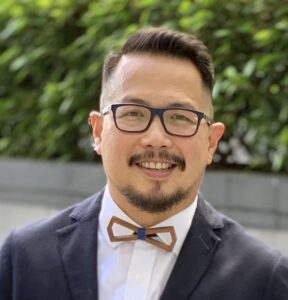 A webinar presented by Ron Darvin (The Chinese University of Hong Kong).
A webinar presented by Ron Darvin (The Chinese University of Hong Kong).
Download the presentation slides here. Watch the recording below.
As technologies continue to shape the way we construct our identities and access information every day, the integration of digital literacies in the language classroom becomes increasingly significant. Within social media platforms like Instagram or TikTok, learning management systems like Canvas or video conferencing tools like Zoom, there are different cultures and conventions of use that shape the way we communicate online. Recognizing that these communicative practices are constituted not only by users but also by the tools we use, this webinar draws attention to how the devices, designs and algorithms of digital platforms shape online language and literacy practices.
By engaging a material and sociotechnical lens to examine online genres, this webinar provides practical strategies for teaching critical digital literacy. It goes beyond a functional approach that teaches learners how to communicate online, and instead helps learners develop a more critical understanding of why we communicate online in certain ways and how these practices have evolved. Through bridging activities that involve authentic texts and audiences, this genre-based pedagogical approach recognizes that agentive participation online requires an awareness of the often invisible ways these technologies work. By integrating a critical awareness of how online genres and conventions evolve, learners can build metalinguistic and metacommunicative skills that outlive the lifecycles of the online genres themselves.
Bio:
Ron Darvin is Assistant Professor of Applied Linguistics at the English Department of The Chinese University of Hong Kong. His research focuses on issues of language and literacy learning, technology and critical pedagogy, and his recent study examining the digital literacies of immigrant youth in Vancouver, BC received the 2020 Dissertation Award of the American Association of Applied Linguistics (AAAL). He has conducted multiple workshops on teaching critical digital literacy for K-12 in-service and pre-service teachers in British Columbia, and in 2017, he received the Emerging Scholar Award from the Language and Social Processes SIG of the American Educational Research Association (AERA).
Registration has closed for this event.
Participants attending can request a certificate of attendance for 1.5 hours of Continuing Education during the live event; or they can request a digital badge after the event.

